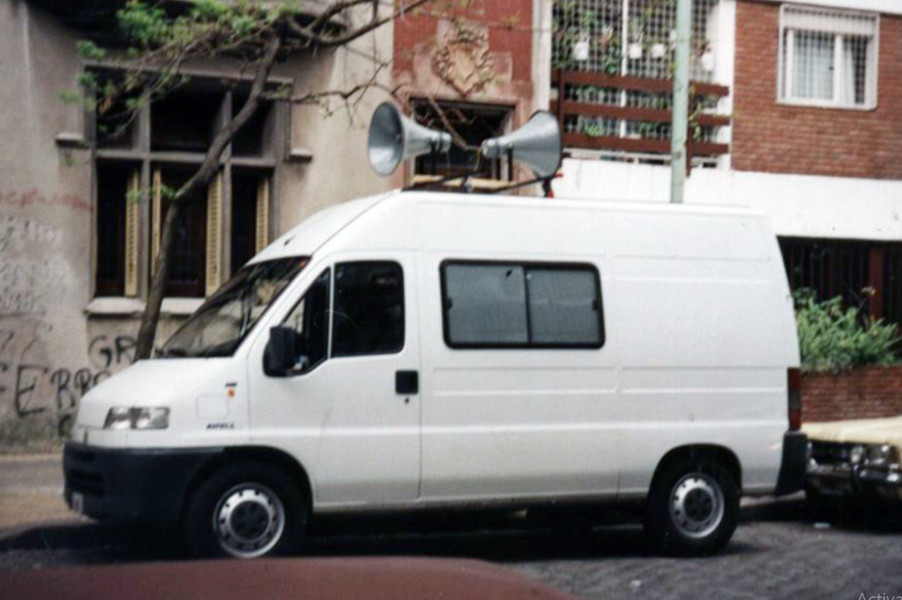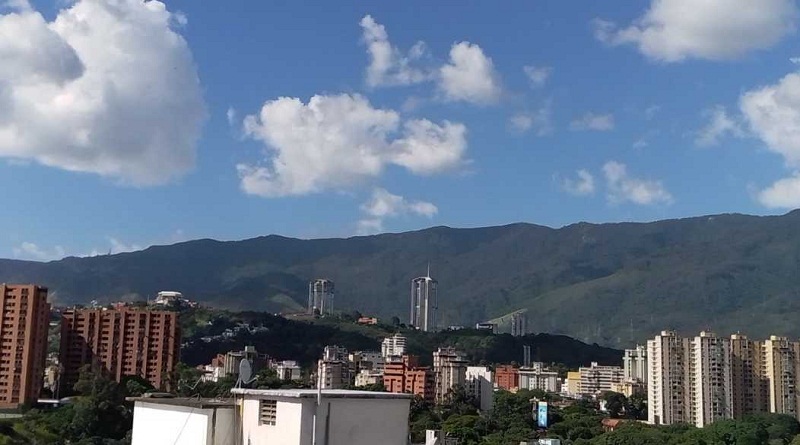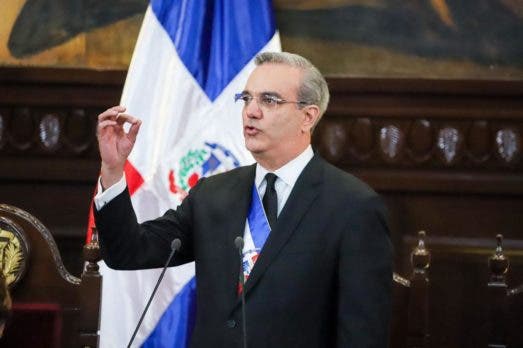The initiative aims to correct some problems that, in his opinion, warrant it, taking into account that “noise pollution is one of the problems that most afflicts and worries citizens.”
“In Uruguay, traffic and transportation, as well as noisy sources of leisure, such as pubs, concerts or discos, are the main sources of noise. This affects hearing, makes communication difficult, increases the risk of cardiovascular diseases, causes insomnia, causes stress, depression and psychological problems, generates poor work performance, makes learning difficult by decreasing attention span and concentration, and even memory and the motivation”, expresses in his Statement of Reasons the mayor of Colorado.
“The Annoying Noise Ordinance in force, of 1994, prohibited in cities and populated centers producing, causing, stimulating or provoking annoying, superfluous or extraordinary noise, whatever its origin, when for reasons of time and place or due to its degree of intensity, disturb the tranquility or rest of the population or cause any material or moral damage ”, he recalls. But he adds that “unfortunately, as in so many other spheres of the Departmental Government, the control of said ordinance is almost nil; it is carried out only in the face of specific complaints, and not as a constant”. In addition, “due to its age, it does not contemplate the appearance of new sources of noise, among them, the thundering of the free exhausts of motorcycles and cars. Likewise, there are many vehicles with powerful music equipment installed in them that have become a true calamity for the population without the Administration having put a stop to it.
The mayor proposes, consequently, “to modify the current regulations in order to prevent, monitor and correct the causes of noise pollution to protect the environment and the population against noise.”
The reform includes pubs, inns, gyms, gyms, fitness centers and the like in urban and suburban areas -so far not included- as establishments that must contain devices to attenuate the sound level. Likewise, it modifies the radius for the installation of new discotheques, nightclubs, dance bars, hostels, gyms, gyms, fitness centers and places of a similar nature, which goes from 100 to 250 meters from hospitals, sanatoriums, nursing homes, nursing homes and/or or children, nurseries, wake rooms, libraries, museums and the like.
Complementarily, it increases the fines. The transgression will be sanctioned the first time with a fine of 60 UR, the second of 120 UR, the third with a closure of the premises for 90 days and the fourth with its final closure.
The modification includes as vehicles not authorized to circulate those devoid of exhaust silencers, or provided with free exhausts, bellowers, thunderers or similar, those that have speakers or sound equipment that, while driving or being parked in public places, exceed the established limits. as maximum acceptable in the ordinance, and those that for any circumstance have an abnormal operation or march with noise production. Said vehicles will be withdrawn from public roads by the competent authority, and once the corresponding legal deadlines have been met, they will be delivered or destroyed.
In another order, the schedules for advertising on public roads are modified depending on the season of the year, and the Traffic Department is included -together with Architecture, and Hygiene and Services, already included- in the execution tasks that result of this Ordinance according to the respective areas of competence, as well as the corresponding comptrollers and inspections.
Finally, the reform promoted by Gabbiani establishes that the proceeds from the fines will be used entirely for the acquisition of equipment for sound measurement, maintenance and calibration, and to pay for training courses for officials who perform inspection functions.
“The point -explained Gabbiani- is that this project has been going around the Departmental Board for more than a year, and that makes us quite upset. The Legislation Commission had it for about a year, which passed it on without resolution in November to the Hygiene Commission, which is studying it today. Meanwhile, excesses of all kinds in terms of noise pollution continue to occur throughout the department, and people are fed up with these outrages.”
Secretary of the Departmental Councilor Gabriel Gabbiani (PC-Citizens)


















